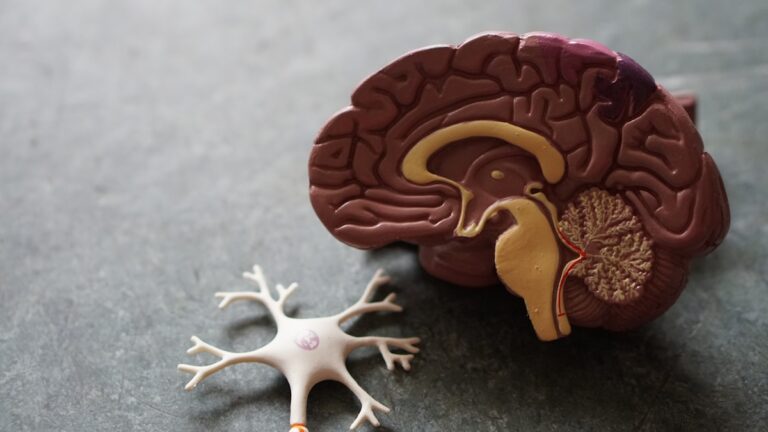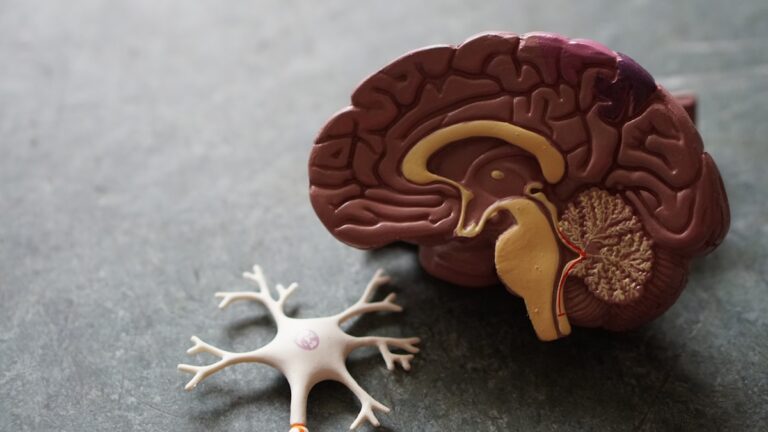Alzheimer’s disease is a devastating condition that affects millions of people worldwide. It is a progressive and irreversible brain disorder that slowly destroys memory and thinking skills, ultimately leading to the inability to perform daily tasks. While it is commonly associated with older individuals, recent research has shown that Alzheimer’s can also affect younger people.
According to the Alzheimer’s Association, approximately 200,000 Americans under the age of 65 have early-onset Alzheimer’s. This is a type of Alzheimer’s that affects individuals before the age of 65, with some cases even occurring in people in their 30s and 40s. This number is expected to rise as the average lifespan continues to increase.
While much is still unknown about the cause and development of Alzheimer’s in younger individuals, scientists are continuously learning more about this disease that has a devastating impact on both patients and their families.
One of the biggest challenges in diagnosing Alzheimer’s in younger people is the fact that the symptoms may not be as noticeable as they are in older individuals. Memory loss and cognitive decline are often attributed to stress or busy lifestyles, and it may take longer for a proper diagnosis to be made.
However, research has shown that there are differences in how Alzheimer’s affects younger people compared to older individuals. A study published in the journal Neurology found that younger individuals with early-onset Alzheimer’s were more likely to experience behavioral changes such as aggression and apathy, whereas older individuals tend to experience more memory loss.
Scientists believe that genetics play a significant role in the development of early-onset Alzheimer’s. Mutations in certain genes, such as the APP, PSEN 1, and PSEN 2 genes, have been linked to familial forms of early-onset Alzheimer’s. These genes are involved in the production of amyloid-beta proteins, which are known to accumulate in the brains of Alzheimer’s patients.
However, it is essential to note that genetic mutations only account for a small percentage of early-onset Alzheimer’s cases. The majority of cases are believed to be caused by a combination of genetic, lifestyle, and environmental factors.
Researchers have also found a link between traumatic brain injury (TBI) and the development of Alzheimer’s in younger individuals. A study published in the journal JAMA Neurology found that individuals who had experienced a TBI were more likely to develop early-onset Alzheimer’s compared to those who had not. This highlights the importance of taking steps to prevent head injuries, especially in younger individuals who may be more likely to engage in risky activities.
Another area of research that scientists are focusing on is the role of inflammation in the development of Alzheimer’s. Chronic inflammation has been linked to many diseases, including Alzheimer’s. A recent study published in the journal Nature Communications found that in individuals with early-onset Alzheimer’s, there is an increase in microglia, immune cells that play a role in inflammation in the brain. These findings suggest that targeting inflammation may be a potential treatment strategy for early-onset Alzheimer’s.
Furthermore, researchers are also exploring the role of lifestyle factors such as diet, exercise, and sleep in the development of Alzheimer’s in younger individuals. A study published in the Journal of Alzheimer’s Disease found that a healthy diet and regular exercise could help reduce the risk of developing Alzheimer’s, regardless of age.
While there is currently no cure for Alzheimer’s, researchers are continuously working to develop treatments that can slow down the progression of the disease. In recent years, there has been a shift towards personalized medicine, where treatments are tailored to an individual’s specific genetic makeup and disease progression.
Clinical trials are also underway to test potential therapies for early-onset Alzheimer’s. These trials include testing drugs that target specific proteins involved in the disease process, as well as non-pharmacological approaches such as cognitive training and lifestyle interventions.
In addition to finding a cure or effective treatment, there is also a focus on improving the quality of life for younger individuals with Alzheimer’s. Resources such as support groups, counseling services, and caregiver education programs are available to help patients and their families cope with the challenges of this disease.
In conclusion, while much is still unknown about Alzheimer’s in younger individuals, scientists are making significant strides in understanding this complex disease. Through ongoing research and clinical trials, there is hope for earlier diagnosis, more effective treatments, and ultimately, a cure for early-onset Alzheimer’s. In the meantime, raising awareness and supporting individuals and families affected by this condition can go a long way in improving their quality of life.





